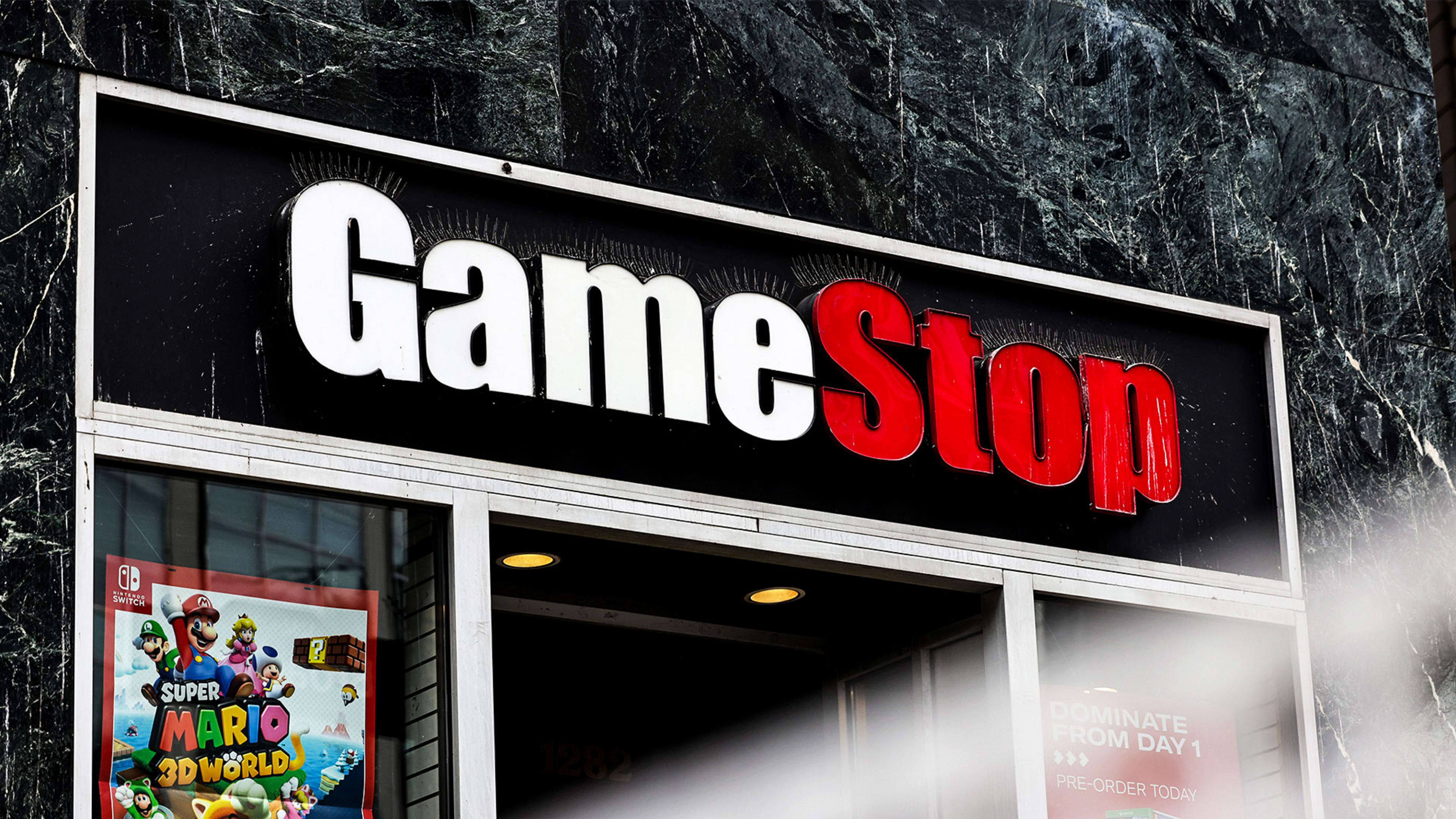Wall Street has been skeptical about meme stock favorite GameStop for a few years, but one of the leading analysts in the video game space now says he expects the company to be nothing but a memory before the year 2030.
“GameStop has a likely runway of no more than five years,” wrote Michael Pachter of Wedbush in a note to investors Wednesday. “The demise of GameStop is outside the 12-month window we use for our price target, but we expect the company’s demise at some point later this decade.”
Gamestop did not reply to Fast Company’s request for comment about the blunt forecast, but the company’s most-recent earnings don’t do much to refute Pachter’s prediction. Despite having an extra week in the quarter and the video game industry seeing a moderate sales increase on games during the holiday period, revenues at GameStop continue to spiral downward and headcount continues to shrink.
The company reported $1.79 billion in fourth-quarter revenue, compared to $2.23 billion the year before on a shocking 19% decline in sales. The company also quietly announced in its 10-K filing with the Securities and Exchange Commission (SEC) that it had exited its operations in Ireland, Switzerland, and Australia.
That same regulatory filing unveiled an unspecified number of job cuts. What we do know is that GameStop had about 8,000 full-time associates and between 13,000 and 18,000 part-time, hourly associates worldwide at the end of the most recent quarter. A year ago, it had 11,000 full-time workers and between 14,000 and 27,000 part-timers.
“While we laud management’s plans to control costs further, it is difficult (if not impossible) for a company to ‘save its way’ to prosperity,” wrote Pachter. “We agree with management that the company’s efforts at cost containment are necessary, but spending less on staffing and lease costs is at odds with the company’s stated desire to sustain ‘a superior customer experience.’”
One thing GameStop does have is cash. The company has roughly $1.2 billion in cash holdings in its earnings—and Pachter says that could be a parachute that slows the company’s descent; but should losses accelerate, it won’t be enough.
“With its current cash balance, GameStop can weather $100 million in annual losses for a decade or more,” he wrote. “However, should its revenues decline by $150–200 million per year (which we think is highly likely given its lack of clear strategy to replace lost games sales), it may have trouble trimming costs fast enough to stem the growth of its losses.”
Even Reddit’s WallStreetBets trading community, which was responsible for the huge run-up in GameStop’s stock price has seemingly walked away from the “stonk,” whose price has fallen 43% in the past year. One user called it “a plain shit show over and over again.” The few who still post there about investing in the company typically add the expression “YOLO” as an excuse of sorts—and are largely mocked by others in the community.
That’s a big change from just six months ago when Chewy founder Ryan Cohen took control of the company as CEO (filling a role that had been open since last June). Cohen has been looking to revive the brand since 2021, when he forced out the executive team at GameStop and assumed the chairman’s role. He has pushed the company to embrace e-commerce and launched a marketplace for NFTs, though neither effort has met with much success. He has come under fire from some investors (and analysts) for not announcing a substantial turnaround plan in more than two years.
One plan the company has offered is a shift in its focus from sales of new physical video games to collectible items (such as Funko Pops) and an increased focus on used game sales. Pachter, though, called that “particularly amusing, given that collectibles sales require traffic to drive awareness, and pre-owned products must begin their useful lives as new products.”
Recognize your brand’s excellence by applying to this year’s Brands That Matter Awards before the early-rate deadline, May 3.
